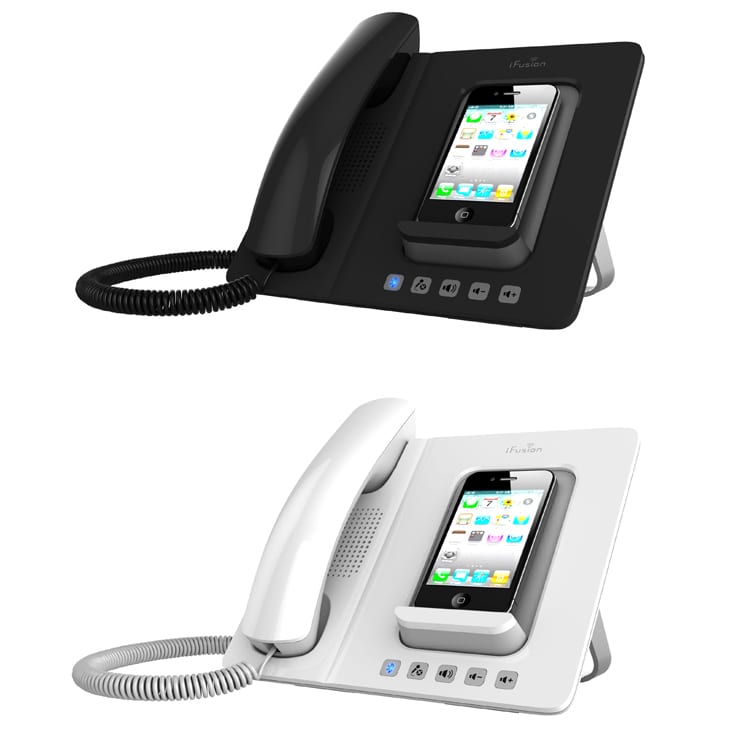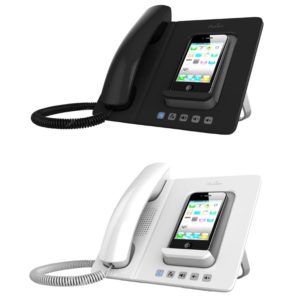The FCC have not always been a force for good when it comes to making sure telecom companies provide the highest quality services at the reasonable prices. Traditionally the FCC has supported the telecommunication oligarchies that lead to a century of developmental stagnation and the continued dominance of a handful of telephony providers over an ever-expanding mobile-fueled empire.
Alright, alright… that sounds a little dramatic. The FCC often sides with larger telecommunication companies for the same reason governmental agencies across the board side with the big players in their respective industries:
- It’s easier for the government to communicate with a few massive organizations than many small companies.
- Large companies have the power and the resources needed to sustain long, effective lobbying efforts to pass through their policy opinions.
But no matter how loudly large companies may shout their opinions, and no matter how much money they funnel into their lobbying efforts, they don’t win every dispute, as evidenced by the recent FCC ruling on Verizon’s ban on third-party tethering applications.
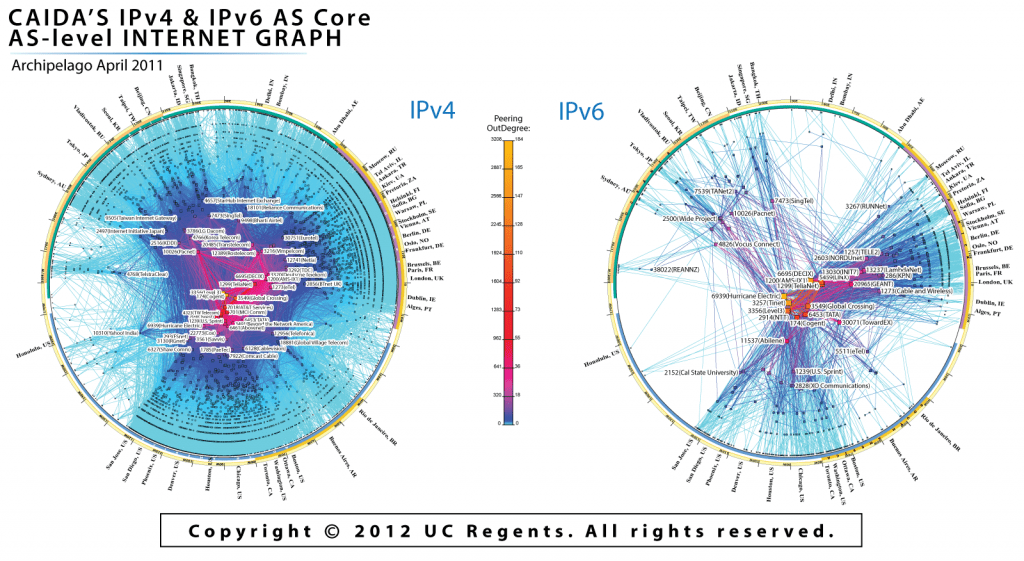
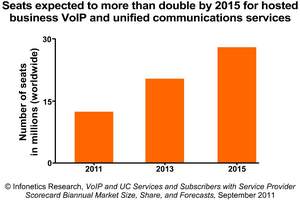

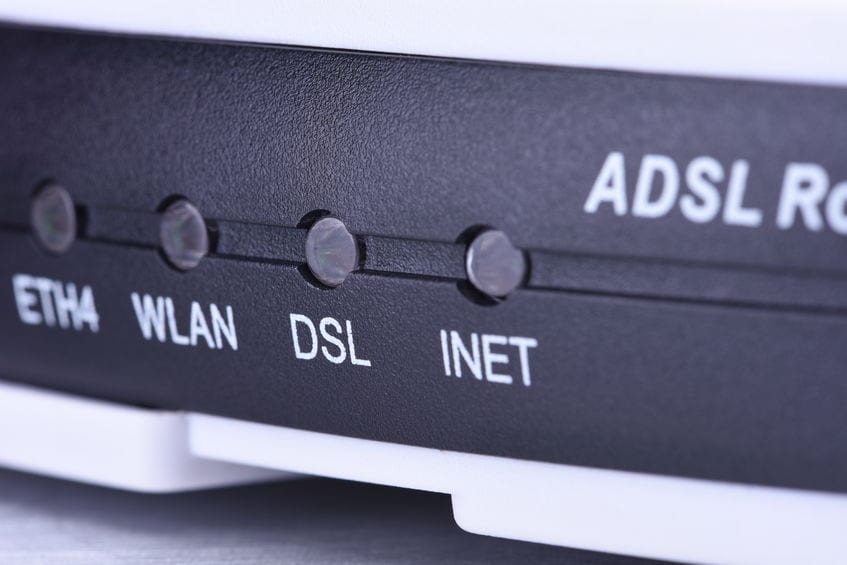
 Making the switch to Voice Over Internet Protocol is a wise move for business owners. The choice is not only cost-effective, with relatively cheaper call rates than the conventional media, but it also has the added advantages of mobility and higher scalability, which are the frosting on the cake. However, you still have to make a choice between DSL and cable Internet. Both DSL and cable modems are good choices, although cable connection is more dependable and DSL is more reasonably priced. For your immediate needs, get in touch with us.
Making the switch to Voice Over Internet Protocol is a wise move for business owners. The choice is not only cost-effective, with relatively cheaper call rates than the conventional media, but it also has the added advantages of mobility and higher scalability, which are the frosting on the cake. However, you still have to make a choice between DSL and cable Internet. Both DSL and cable modems are good choices, although cable connection is more dependable and DSL is more reasonably priced. For your immediate needs, get in touch with us. Microsoft’s next Windows operating system is going to interact seamlessly with Microsoft’s next generation of mobile OS. In fact, Windows 8’s mobile and desktop/laptop operating systems are doing more than merely “converging”. They will operate closer than just “seamlessly”. Windows for your computer is becoming the exact same OS as Windows for your next smartphone.
Microsoft’s next Windows operating system is going to interact seamlessly with Microsoft’s next generation of mobile OS. In fact, Windows 8’s mobile and desktop/laptop operating systems are doing more than merely “converging”. They will operate closer than just “seamlessly”. Windows for your computer is becoming the exact same OS as Windows for your next smartphone.